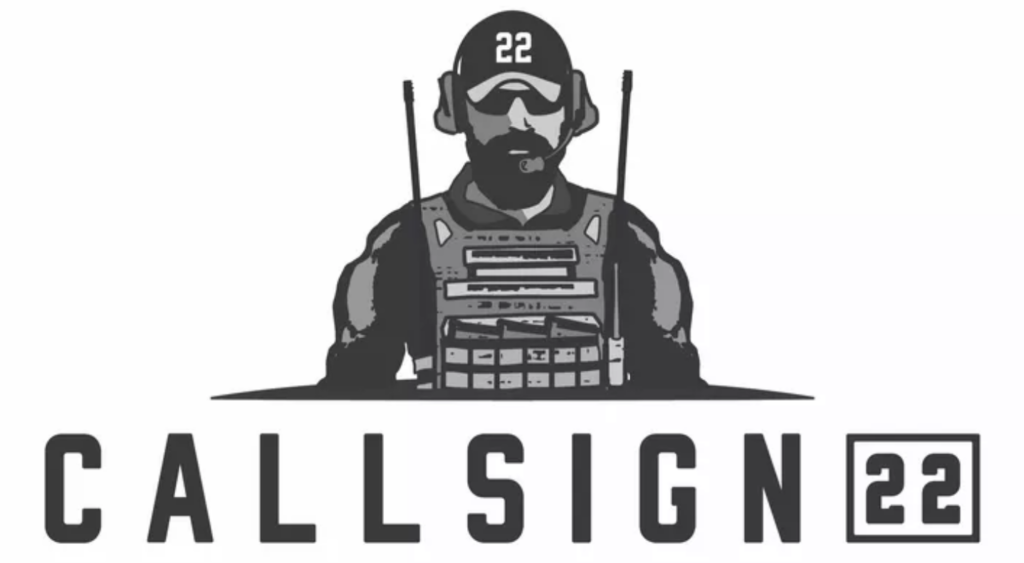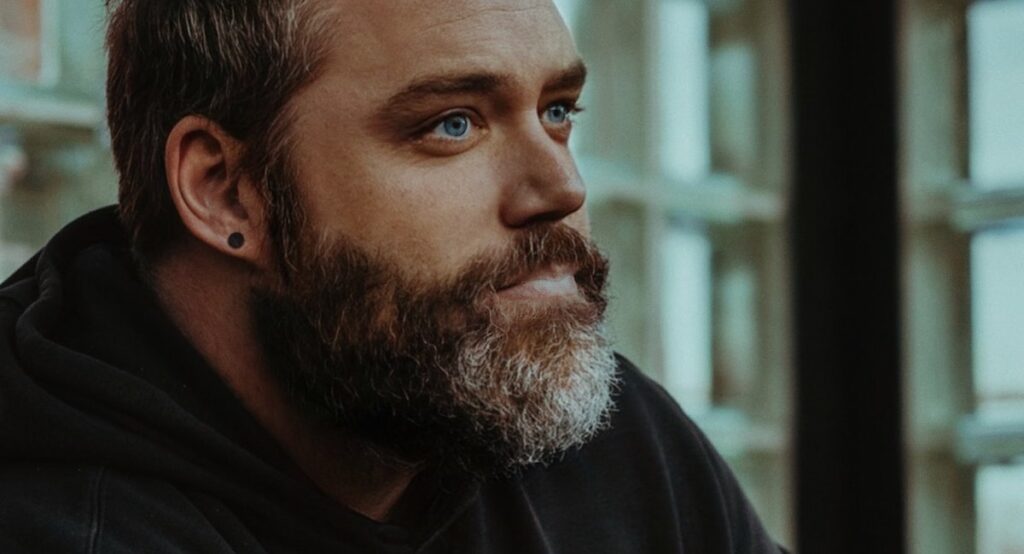As a nation, we vehemently honor those who have fallen to protect our freedom, but far too often neglect those who are still among us. Federal holidays, parades, ceremonies, and commemorative coins serve as symbols of our appreciation, but do little to support veterans who live with battle scars earned in their duty. This is especially true for veterans who are “marked” below the surface. It’s easy enough for one to identify, feel sympathy for, and lend support to a veteran when they note disfigurement or wheelchair confinement. Compromised mental health on the other hand? That’s a different story.
While great strides have been made with respect to mental health awareness in America, much of it has been pointed in the direction of pop culture. The public is quick to applaud famous athletes, actors, musicians, and public figures for “coming out” about their struggles. It’s perpetually trending on Twitter, and there are currently 45.4 million hashtags on Instagram for #mentalhealth.. But when it comes to the real heroes – our veterans – it is rarely headline news because it doesn’t get views and clicks. Why?
Because it makes many Americans uncomfortable.
Veterans are men and women who have made sacrifices that most could never relate to. They have left behind family, friends, loved ones, and personal aspirations to serve. They knew the risk to life and limb, but nothing could have prepared them for the emotional and mental trauma. When it manifests back home in the form of episodic PTSD it frightens those who do not understand what they are witnessing. Moreover, when PTSD manifests as substance abuse and problematic behavior the public is further disconnected from the veteran experience. Some go as far as to misdirect blame. How can a former soldier who knows nothing if not discipline, lose their willpower and self control? A civilian can never truly comprehend the struggle, and far too many fear what they don’t understand.
We have no expectations for anyone to grasp the weight of what our veterans are experiencing. No virtual reality headset could put you in their shoes nor state of mind. Instead, we ask that you accept these struggles as fact, and from there commit to lending your support. Below is a breakdown of why improved mental health support for military veterans is mission critical, and a call to action for how you can help make a difference.
Why Mental Health Support for Veterans is Mission Critical and How You Can Help Make a Difference
Critical Suicide Rates
According to recent data from the U.S. Department of Defense (DoD) and Veterans Affairs (VA), over 18 soldiers and veterans committed suicide per day in the USA over a single reported annum. These victims accounted for an estimated 15% of suicides by all Americans. If the pattern persists, a total of 6,570 (18 x 365) American soldiers and veterans will commit suicide each year.
Let’s put this in perspective.
Between 2006-2021, there were a total of 2,740 U.S. active-duty soldiers killed-in-action. That’s 2,740 over a period of 15 years. Now compare this to the 6,570 soldiers and veterans who committed suicide in 2020 alone.
The most worrisome battlefield isn’t necessarily a frontline overseas, but in the minds of veterans here at home.
Significantly Higher Rates of Behavioral Health Disorders
PTSD
Post-traumatic stress disorder (PTSD) is a mental and behavioral health condition caused by a traumatic experience. The VA reports that PTSD is more common among veterans than civilians. Their research states that 7% will experience PTSD in their lifetime. However, many suspect that number to be much higher. The 7% average includes data from WWII, for which PTSD was reported at just 3%. Meanwhile, PTSD is prevalent in 29% of veterans involved in the more current Operations Iraqi Freedom (OIF) and Enduring Freedom (OEF). This suggests that there was not a proper accounting for mental health for WWII vets, nor for those who served in the Korean War or Vietnam war. After all, PTSD in veterans wasn’t a mental health diagnosis until 1980. No matter how you look at it, veterans experience higher rates of PTSD.
Gambling Disorder
There is an alarming link between military service and gambling disorder. Research finds that the rate of problem gambling among active duty military is 3.5 times higher than among civilians. That number may also be on the modest side, as another study finds that veterans are over 10 times more likely to experience a gambling problem.
Why is this occurring?
Substance abuse (not a behavioral health disorder) is widely understood to be a result of PTSD associated with active duty. Drug and alcohol use becomes a way to cope with anxiety, stress, and depression. In this same context, problematic gambling also develops as a veteran’s temporary escape from stress and anxiety cased by PTSD. Furthermore, studies find that military personnel exhibit thrill-seeking behavior and addiction to adrenaline, which aligns with gambling. When you further consider that the DoD operates over 3,000 slot machines on bases, one unfortunately finds that problem gambling is enabled by certain governing bodies.
On its own, gambling disorder has very negative consequences, including financial and familial ruin. However, when you consider that people with gambling disorder have significantly high rates of suicide compared to the rest of the population, concern over veteran mental health is compounded. If up to 46% of problem gamblers contemplate suicide, imagine what that number looks like for veterans with gambling disorder. According to one study, 40% of US veterans receiving treatment for gambling problems reported a suicide attempt (versus contemplation).
As far as the general population is concerned, gambling disorder is a relatively unknown consequence of activity duty. For the veteran, it’s a very real threat that can destroy their quality of life and quite possibly result in death.
What Needs to be Done
In addition to acknowledging veteran PTSD along with anxiety, stress, and depression, the Kindbridge Research Institute has unveiled the concerning link between military service and gambling disorder. As a result, we not only offer veterans better access to mental health support, we provide dedicated gambling disorder treatment for active and inactive soldiers. That’s what we’re doing – but more needs to be done.
While veterans can leverage their VA disability rating for mental health services, including gambling disorder therapy, there are challenges due to limited access to financial resources. Mental health support is not something you can put a monetary cap on. This is where YOU come in. Please keep reading.
What You Can Do Today

Kindbridge Behavioral Health has partnered with Callsign 22. Callsign 22 is a platform dedicated to improving mental wellness for servicemembers and veterans. The organization hosts quarterly challenges that build community and raise money for charities serving veterans.
In this current partnership, Callsign 22 is working with the Kindbridge Research Institute (KRI) to establish the KRI Military Treatment Fund. The intent of the fundraiser is to provide FREE mental health therapy to hundreds of service members and veterans seeking alternative pathways to treatment. Callsign 22 has set up the KRI Military Treatment Fund via GoFundMe right here. The campaign (named “Troop the Line”) kicks off (or kicked off, depending on when you find this) on February 22 of 2023. The public is called up to do the following:
- Reconnect with 22 different servicemembers
- Share your experience on social media
- Donate $22 to the current Callsign 22 charitable initiative
Donate your $22 to the Callsign 22 – KRI Military Treatment Fund.
Our veterans have done their duty, and are facing mental health consequences because of it. Will you do yours by supporting their treatment and recovery? We sincerely hope that you consider lending your support, for just a small $22 donation.
*If you happen to find this article after the Troop the Line challenge has concluded, we encourage you to reach out to Callsign 22 directly on LinkedIn to find out how else you may get involved.
For additional information about mental health support for veterans, please feel free to contact us anytime.
Veterans and/or Related Organizations:
CALL +1 (877) 426-4258
OR

